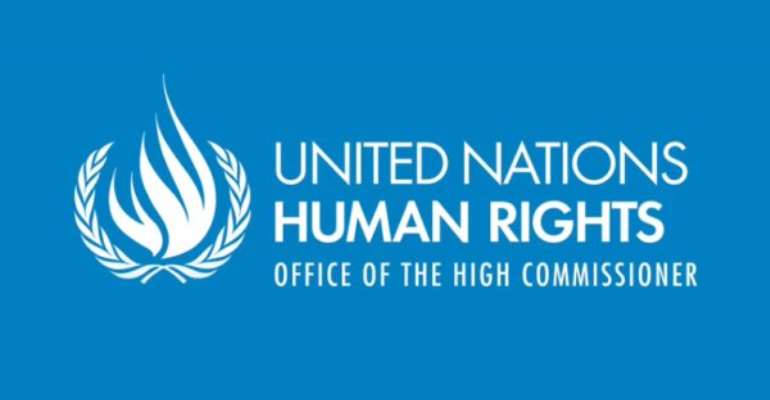Benin: Too many child victims of abuse, violence and exploitation, warns UN expert

GENEVA, Switzerland, November 8, 2013/African Press Organization (APO)/ -- UN Special Rapporteur Najat Maalla M'jid on Friday urged the Government of Benin to make the protection of children a priority in its political agenda, after a visit to the country revealed that violence and exploitation of children is tolerated, even justified in many instances, and perpetrators largely enjoy impunity.
“It is unacceptable that so many, too many children in Benin are victims of violence, abuse or exploitation on the pretext of traditions, customs or poverty,” Ms. Maalla M'jid said. “The phenomenon of 'vidomegon' children, which was traditionally a practice of foster placement has been diverted for the purpose of exploitation and profits. Numerous children are victims of sale or trafficking, labour or sexual exploitation, mainly in markets, quarries or fields”.
During her mission in Benin from 28 October to 8 November, the Special Rapporteur met with various State and local authorities, UN entities, the diplomatic community and civil society representatives. She visited programmes devoted to child protection in Cotonou, Abomey-Calavi, Porto Novo, Abomey-Calavi, Comè, Lokossa and Applahoué. She also met child victims and youth organisations.
The Special Rapporteur was alarmed at the high number of child victims of multiple forms of violence and abuse: infanticide of children considered to be « sorcerers », female genital mutilations, abductions for placement in « voodoo convents », forced marriages, corporal punishments and rapes.
“Although the real scale of these phenomena remains difficult to determine due to the low reporting rates and amicable settlements, there is clearly an alarming number of incidents of violence and economic and/or sexual exploitation suffered in particular by girls”, stressed Ms. Maalla M'jid.
The Special Rapporteur expressed her grave concern at the sexual violence endured by girls in schools and at the growing number of early pregnancies.
“Schools are supposed to be an environment where children can feel safe – not places where girls are abused with total impunity,” she said.
Although Benin has a relatively complete legal framework regarding child protection, it suffers from a lack of implementation. This is partly due to a lack of access to justice mechanisms, and to corruption and impunity. Amicable settlements at the community level occur at the expenses of the child's best interest. The child's voice is rarely, if ever, taken into account.
Numerous child protection mechanisms and actions have been established at the central and local level, but most of them are dysfunctional or insufficient, mainly due to a lack of resources. Despite the engagement of some stakeholders, actions undertaken in child protection remain scattered, not coordinated and not continuous, as they depend on external cooperation.
The Special Rapporteur insisted on the necessity to switch from a “project logic” to a comprehensive child protection strategy. She recommended creating local protection mechanisms that are easily accessible to all children, with adequate human and financial resources.
She encouraged the international community to support the establishment of this strategy in order to effectively combat all forms of violence, abuse and exploitation of children.
